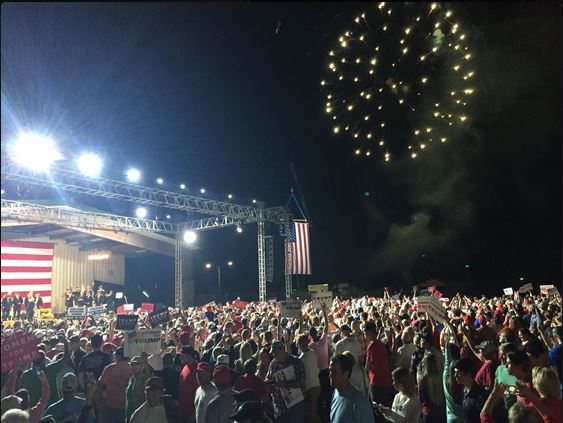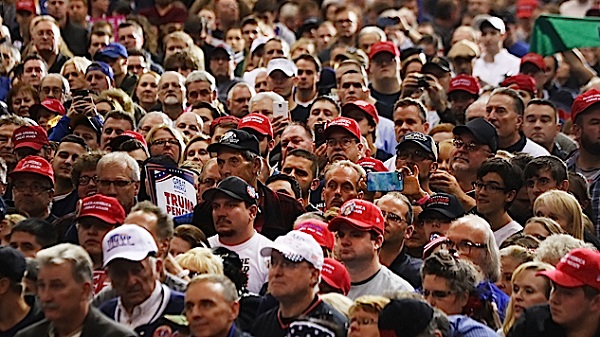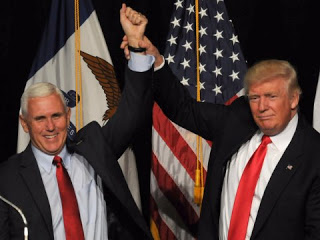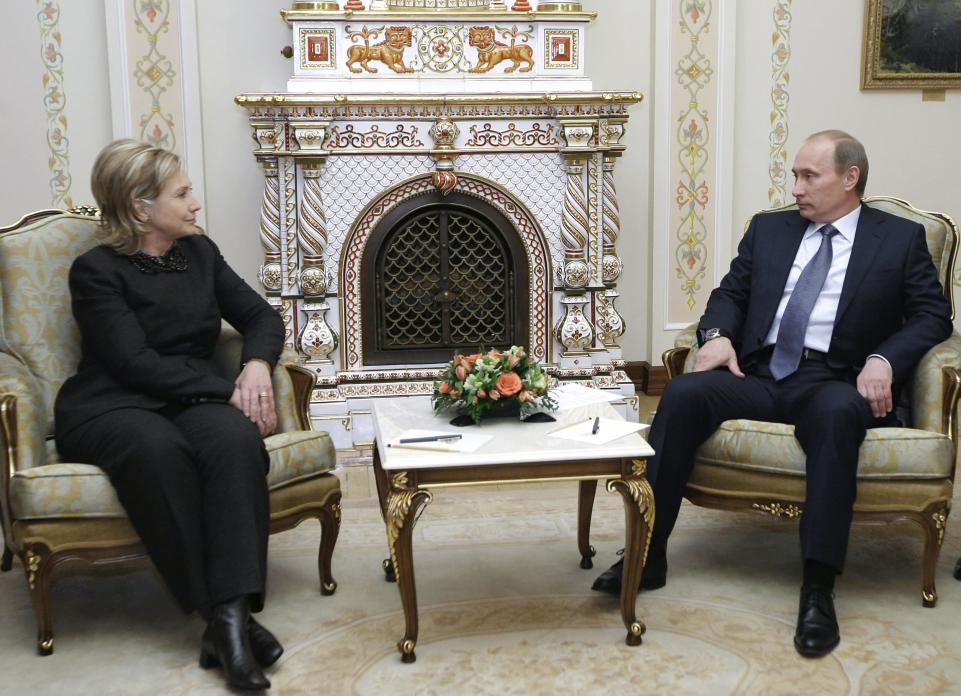Ted Cruz’s Perpetual Campaign Against Texas Agriculture
 TEXAS AGRICULTURE IS EXPANSIVE— almost as expansive as Senator Ted Cruz’s political ambition.
TEXAS AGRICULTURE IS EXPANSIVE— almost as expansive as Senator Ted Cruz’s political ambition.
Farms and ranches cover over 70-percent of the state, and the diversity of Texas agriculture production within the expanse is as deep as it is wide.
From the Panhandle to the Rio Grande Valley and the Pine Curtain back to the Caprock, Texans produce everything from wine, sugar, forestry and fresh produce to cotton, beef and dairy.
Richard Russell, the U.S. Senate’s conservative standard-bearer in the 1940s-60s, architected modern agriculture policy on a national defense axiom that “Every great civilization has derived its basic strength and wealth from the soil.”
Texan civilization is proof of Mr. Russell’s axiom. The Miracle heralded in the super-cities has its origins—as well as its fate—in agriculture.
But the nature of agriculture is perpetual crisis. A crisis of farmers and ranchers continually fighting forces too big to fight alone. High foreign subsidies, tariffs and non-tariff trade barriers. Trade cheating abroad, Environmental Protection Agency’s overreaches at home. Sometimes two or three fights simultaneously—in the midst of a hurricane, drought or blizzard.
The greatest achievement of historic U.S. agricultural policy has simply been to maintain an awareness of continual crises and to mitigate forces. However, today’s policy is reflective of a growing unawareness, of politicians who prefer standing on stumps than by farmers, and an increasing ignorance of about the systemic costs of agricultural failure. Look no further than the 2014 Farm Bill.
When Winter Storm Goliath rolled into Texas in late December, producers from Lubbock to Hereford over to Clovis lost 30,000 dairy, 5,000 feeder and 1,000 stocker cattle.
Market futures on these heads range from around $1,200 to $1,900. Farm Bill indemnities pay 75-percent market value for livestock mortality in weather events; however, futures for such losses without a Farm Bill pay $0.
There may be high-premium private insurance for Goliaths, but there are no cattle guard gates around the cities keeping rural crises out.
Whether it’s affordable beef and dairy on urban supper tables or a looming rural credit crisis hitting banks, what happens in the country, for better or worse, doesn’t stay in the country in the great Texan civilization.
TED CRUZ VOTED AGAINST the 2014 Farm Bill. As did every U.S. senator on the pre-Iowa GOP presidential ballot.
But Mr. Cruz distinguishes himself from his colleagues. He represents far greater agricultural stakes. No else one has his genius and concomitant nerve to exploit their state’s most intrinsic economic interest to fuel an unrivaled political ambition. And no one approaches Mr. Cruz’s record of hostility towards agriculture.
Mr. Cruz’s opposition to the Farm Bill begins with disingenuous market economy arguments: “I think we should get the federal government out of the business of setting the price and let the market operate. That will expand competition and drive down prices.”
But the Texas junior senator knows U.S. farm policy doesn’t “set the price.” Rather, it allows producers to compete by implementing right influences, safety nets and protections in a vexing global market. Mr. Cruz perpetually campaigns on a pretension that an invisible Smithian hand can guide the agriculture market, but the senator has seen the guiding hand, and it’s composed of Chinese, Brazilian and Indian interests.
Rather than articulate for producers as ably as any national figure, Mr. Cruz perpetuates a Potomac think-tank narrative that farm and ranch constituents are the conjured recipients of federal welfare.
Farm policy comprises 1-percent of 2015 federal spending, and 4-percent when mandatory food spending (Supplemental Nutrition Assistance Program) is tacked on. Agriculture took the lead in federal budget belt-tightening with the elimination Title I direct and counter-cyclical payments in 2014. It’s insult to injury to suggest an inadequate insurance program is welfare.
Then Mr. Cruz goes further equating crop insurance to the Affordable Care Act: “Whether it’s Obamacare or crop insurance, when you have the federal government stepping in, it ends up limiting choices and driving up prices. I’d like to see farmers and ranchers have more options, more choices, being able to buy insurance on, on a national market.”
Without federal involvement, private insurance carriers won’t absorb the risks involved in Goliaths, Hurricane Ritas, droughts or a Jimmy Carterish grain embargo redux. Even if carriers risked such absorption, the exorbitant premium costs would be passed on to consumers, eliminating already thin margins.
Mr. Cruz knows crop insurance was the most tenable risk management option after Brazil incensed every U.S. sector from Silicon Valley to Atlanta with full-tilt intellectual property violation threats if Title 1 subsidies weren’t abolished.
Producers borrow more money in a given year than most Americans will in a lifetime, and no federal crop insurance means no loans for producers. A crop insurance program sharing premium costs with farmers while sharing losses and gains with farm insurers is hardly the ACA. Rather, it’s more like federal hedge funding—an analogy with which those pouring dollars into Mr. Cruz’s political ambition might be familiar.
Then there’s good ol’ Cruzian class conflict: The Farm Bill “fails to fully target assistance to those most in need” and “subsidizes massive agri-businesses.”
Here the Environmental Working Group and Senator Bernie Sanders have an unlikely ally in the denial that 98-percent of all American farms are family-owned.
The 2014 Farm Bill, though imperfect, is the most proximate solution to the insoluble problem of supporting any farmers and ranchers who suffer losses from forces beyond their control. In his exploitation, the senator only makes that problem further insoluble.
And finally, there are moments when Mr. Cruz must flip his previous positions—not out of senatorial acknowledgement of error, but out of political necessity to keep his perpetual campaign alive in places like Iowa.
After sponsoring a bill to repeal the Renewable Fuels Standard, after telling Conservative Political Action Committee “producers in Iowa have demonstrated that there is a real demand for their product [ethanol] and that demand will exist without the federal government getting in the middle,” there came a time for truth. Mr. Cruz flipped.
Now he supports the ethanol mandate through 2022.
On December 4 (Goliath would roll into the Texas Panhandle 22 days later), Mr. Cruz voted for a procedural point of order on the Highway Bill that would have maintained the $3 billion in cuts, killing federal crop insurance (as well as a $4 billion annual cotton industry within a 100-mile radius of Lubbock).
But when he saw Senator Marco Rubio vote to stop the cuts, and after a cloakroom discussion with Senate Agriculture Committee Chairman Pat Roberts, in which Mr. Cruz was told Iowa farmers wouldn’t be pleased with his vote, the perpetual campaigner backed down to the parliamentarian and switched his vote to protect crop insurance.
On the stump, Mr. Cruz has much say about agricultural adversity. But these two flips, RFS and crop insurance, both strategically driven for Iowa presidential delegates, are the Texas senator’s only two votes for agriculture.
When away from the accolades of Heritage Foundation, CPAC or Texas suburban voters, Mr. Cruz’s profile in courage fades and his political ambitions are exposed.
MR. CRUZ’S RECORD ON AGRICULTURE is marked by a hostility of such vast ideological acreage that even his political genius can’t cover it.
He voted to gut the safety net for sugar farmers despite its critical importance to the Rio Grande Valley, despite Congressional Budget Office reports that the net would’ve presented no loss to taxpayers.
He voted for a first-ever $750,000 Adjusted Gross Income test on crop insurance eligibility that would have locked Texas farmers out of insurance while driving up premiums for those remaining.
He also routinely attempted procedural barriers against the Farm Bill moving forward.
Of all the forces working against agriculture in Washington, D.C., Mr. Cruz may be amongst the greatest.
By continually voting nay on appropriations bills, Republican leaders must depend on Democrats to help pass these bills—Democrats who oppose conservative policy riders on appropriations bills.
For all his campaigning against the EPA’s overreach with Waters of the United States, climate change regulations, or even the death tax, the overreaches are never successfully blocked by Congress, largely because Mr. Cruz’s coalitions won’t back appropriations bills that trump President Barack Obama’s actions. In backing appropriations bills, they could include conservative policy riders, and the president could be politically forced to swallow them.
But don’t bother Mr. Cruz’s perpetual campaigning with the chore of governing.
Not only does America’s self-appointed conservative standard-bearer undercut causes he purports to champion, he exploits the interests of Texas farms and ranches as collateral in his campaign bets.
And make no mistake, as the flips for Iowa demonstrate, Mr. Cruz is a much more reticent gambler when his own interests and ambitions are at risk.
ACROSS THE TEXAS POLITICAL LANDSCAPE one finds no shortage of Cruzian aspirants, from the Texas Legislature and statewide office to the state congressional delegation. Devotees mastering Mr. Cruz’s blueprint for chasing political ambition at the cost of their place.
These folks are marked by their opposition to Donald Trump, a man who’s horrified Cruzites by proving he’s just as capable to stir passions, to tempt moral and economic concerns in order to potentially exploit interests. (And with regard to agricultural interests, Mr. Trump couldn’t fare worse.)
Mr. Cruz is correct in asserting that “people are pretty fed up with politicians who tell one group one thing, another group another thing and then they go to Washington and do nothing.”
But Texas farmers and ranchers are finding their junior senator is either in campaign mode or delusional in exempting himself from this criticism.
Probably both.
Either way, they’re learning they can’t afford Mr. Cruz’s perpetual campaign against agriculture. The great Texan civilization can’t either.
Jay Leeson is a Lubbock businessman and co-host of West Texas Drive, weekdays from 4:30-6:30pm on KRFE AM 580 – Lubbock. Follow him on Twitter at @jayleeson and at MakeWestTexasGreatAgain.com







